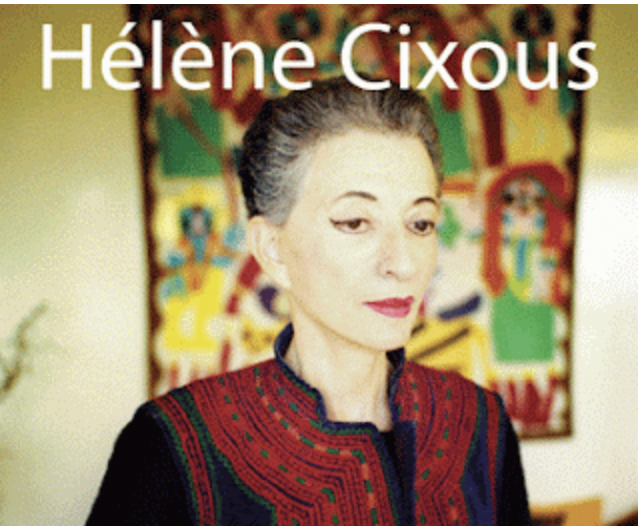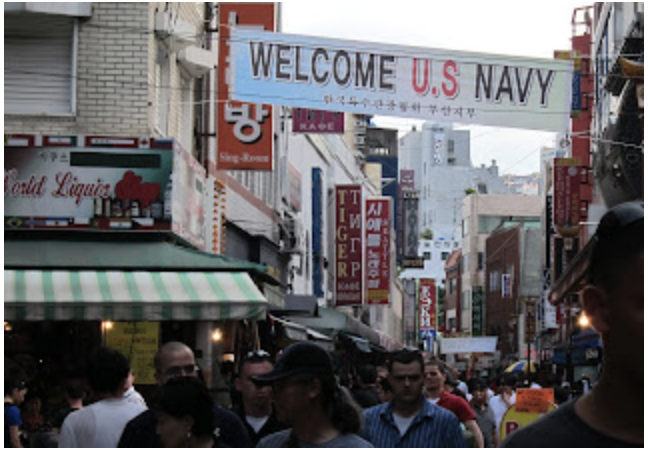“Trans-Temporality” and the Holidays
“Trans-Temporality” and the Holidays
Wednesday, December 19, 2012
 Heading into the holidays means scrambling to dot the Is and cross the Ts on our calendar of Winter and Spring quarter events. In my capacity as faculty of English, Gender Studies, and Asian American Studies, it also means squeezing in graduate student prospectus exams that have been put off until these final weeks of the year. With such an exam on the horizon, Gender Studies Ph.D. candidate Jacob Lau, who writes on narratives by transgendered and transsexual subjects, came into the CSW offices recently to discuss his ideas regarding “trans-temporality,” the central idea of his dissertation. According to Lau, the life-course of transsexual subjects is too often divided into before and after the visible (hormonal and surgical) change. As an alternative to that bifurcated and linear notion of time, Lau is proposing a richer, more complex interweaving of several temporalities: “secular historical time”—i.e., the national chronologies that we learn about in high school social studies classes—but also time conceived in religious, liturgical, and seasonal cycles as well as the daily round of events that French theorist Helene Cixous suggestively called “women’s time.” Aware that our own Chancellor Bloch is a chronobiologist, [1] Jacob may also consider the periodicity of wake-sleep cycles as they affect hormonal regulation in a “trans-gendering” context.
Heading into the holidays means scrambling to dot the Is and cross the Ts on our calendar of Winter and Spring quarter events. In my capacity as faculty of English, Gender Studies, and Asian American Studies, it also means squeezing in graduate student prospectus exams that have been put off until these final weeks of the year. With such an exam on the horizon, Gender Studies Ph.D. candidate Jacob Lau, who writes on narratives by transgendered and transsexual subjects, came into the CSW offices recently to discuss his ideas regarding “trans-temporality,” the central idea of his dissertation. According to Lau, the life-course of transsexual subjects is too often divided into before and after the visible (hormonal and surgical) change. As an alternative to that bifurcated and linear notion of time, Lau is proposing a richer, more complex interweaving of several temporalities: “secular historical time”—i.e., the national chronologies that we learn about in high school social studies classes—but also time conceived in religious, liturgical, and seasonal cycles as well as the daily round of events that French theorist Helene Cixous suggestively called “women’s time.” Aware that our own Chancellor Bloch is a chronobiologist, [1] Jacob may also consider the periodicity of wake-sleep cycles as they affect hormonal regulation in a “trans-gendering” context. 
The timing of our conversation, of course, could not have been more situationally ironic with respect to the ticking minutes of our respective deadlines (cue sound effect of alarm bells ringing): for Jacob, his exam date that coming Thursday, and for me, the closing of the CSW offices for the winter break and the time squeeze represented by the upcoming holidays. For working mothers like myself, elementary school closures—such as the recent five-day closure of all LAUSD schools that occurred Thanksgiving week (due to budget cuts and forced teacher furlough days)—means having to juggle childcare even as the teaching, research, and administrative clock at the university marches indifferently forward. As Jacob might put it, I had experienced holiday time as a rupture of two chronologies that were “immiscible” (non-mixing, as in the example of oil and water). Spending time with my three daughters is not about the efficient use of the eight working hours before me (at which I’ve become adept over my tenure as Associate and now Interim Director), but using up the time in pleasurable but focused tasks so that no one kills each other by 2 p.m.
Speaking about furloughs as forced experiences of temporal disjunction (between UCLA time and home time), I thanked Jacob for his insight into how trans-temporality applied to my present circumstances. Though intending to narrowly focus this directory’s commentary on the productivity of thinking Lau’s trans-temporality and Holiday Time together, an email alerting me to an upcoming forum on the current “campus climate” sponsored by the Asian and Pacific Islander Coalition intervened in those plans (and lengthened the writing time) by bringing local, national, and transnational histories to the forefront.
By “campus climate,” I refer to that cyclic return—coincident with the advent of exam season—of anti-Asian verbal sentiment lying dormant for who knows how long in UCLA’s basement (bathrooms), bubbling up into public spaces such as Bruin Walk and the internet two years running.
The university has called this lashing out at Japanese-speaking and Vietnamese female students “isolated” acts, and we could imaginatively fill in the details of that speculated narrative: these acts of poor judgment were likely committed by stressed-out individuals (of who knows what race, sexual orientation, or gender) who blame Asians for their perceived and real worries over not doing well in the short term—those upcoming essays and exams—and the long term—their post-baccalaureate futures.
Shrinking opportunities for U.S. college graduates are certainly real: “From 2007 to 2011, the wages of young college graduates, adjusted for inflation, declined 4.6 percent,” according to the New York Times,[2] and a recent article in the Atlantic Monthly reported that “53% of recent college grads are jobless or underemployed.”[3] We might connect that shrinkage not to loss of jobs due to foreign workers but to the waning social compact between college students (so-called skilled workers of the professional managerial class) and the faceless corporations and “asset management firms” who form their potential employers. These firms no longer feel bad, if they ever did, about pink-slipping and downsizing the debits—and not people—that they “hold.” But, of course, it is hard to lash out against an abstraction—aka the fictive “person” of the corporation—and much easier to return to old habits—habits that both demonize Asians as foreign threats and desire and disavow them as docile, servile laborers necessary to propping up the U.S. empire—doing intimate labor such as sex work servicing of U.S. military bases and electronic assembly work that powers our info technology (iPads, computers).[4]
 Holiday, we must remember, refers as well to times of off-duty “rest and relaxation” that were the flipside of the on-duty deployments of U.S. troops to Korea, Vietnam, Cambodia, and Laos during the so-called Cold War period. The slur calling Vietnamese female students “white-boy worshipping wh***s” reminds us of the U.S. military occupations of Asia (e.g., Okinawa and the Philippines), the infrastructural support of U.S. troops by “ghost” bar workers, and the white supremacy that remains partially congruent with the militarized spread of U.S. capital into those same former “theaters of war” qua Asian consumer markets. The surplus of time to indulge in off-duty, non-working pleasures—that which I’m associating with “holiday time”—has never quite felt like a holiday for others working in nail salons, electronic factories, sex work, childcare, eldercare, and other occupations requiring intimate labors on the part of women of color. As we become more service-oriented in our economy, what may be resented—and voiced as slur against Asian/American women—is the feminized situation of having to give our intimate labors—our good feelings and non-progressive, non-upward-bound time—to serve someone else’s holiday. Tis the season of thinking such temporal convergences for women, men, and transitioning women and men, of all races.
Holiday, we must remember, refers as well to times of off-duty “rest and relaxation” that were the flipside of the on-duty deployments of U.S. troops to Korea, Vietnam, Cambodia, and Laos during the so-called Cold War period. The slur calling Vietnamese female students “white-boy worshipping wh***s” reminds us of the U.S. military occupations of Asia (e.g., Okinawa and the Philippines), the infrastructural support of U.S. troops by “ghost” bar workers, and the white supremacy that remains partially congruent with the militarized spread of U.S. capital into those same former “theaters of war” qua Asian consumer markets. The surplus of time to indulge in off-duty, non-working pleasures—that which I’m associating with “holiday time”—has never quite felt like a holiday for others working in nail salons, electronic factories, sex work, childcare, eldercare, and other occupations requiring intimate labors on the part of women of color. As we become more service-oriented in our economy, what may be resented—and voiced as slur against Asian/American women—is the feminized situation of having to give our intimate labors—our good feelings and non-progressive, non-upward-bound time—to serve someone else’s holiday. Tis the season of thinking such temporal convergences for women, men, and transitioning women and men, of all races.
— Rachel Lee
Interim Director

